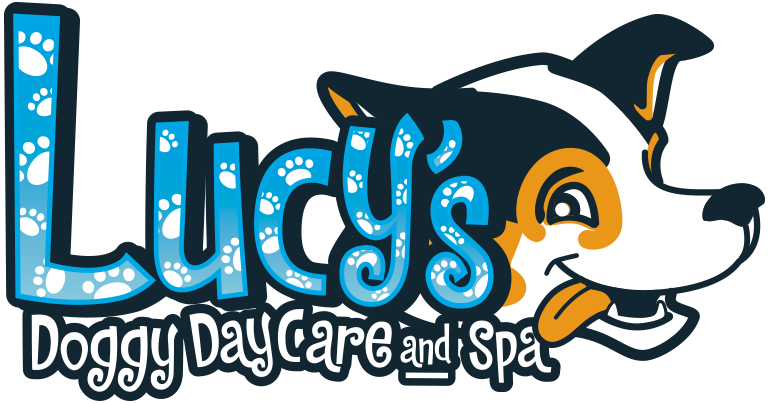The purpose of the “Hound Health” feature is to inform and educate our clients on important health topics that can affect their pup’s wellness.
This month’s feature is focused on “Parvo.” As the name may imply, Parvo is caused by a virus know as the Canine Parvovirus, or CPV. Currently, it is primarily a cause of severe illness and life threatening for puppies and adolescent dogs; fortunately, vaccinations are an effective route of prevention if performed on the proper schedule.
What is “Parvovirus”?
Parvoviruses are a large group; almost every mammal species, including humans, seems to have its own parvovirus. Fortunately, each virus is specific, at least for the most part, for which animal species it can infect (i.e. the pig parvovirus will not infect people, the canine parvovirus will not infect pigs, etc.) For this reason, when a dog or puppy in the family has a parvo infection, the human family is safe. That said, the canine parvovirus is not as specific as some of the other parvoviruses. It will affect most members of the dog family (wolves, coyotes, foxes, etc.) Due to infected animals shedding the virus in large numbers and the virus being very hardy in the environment it is now considered to be “ubiquitous”, meaning that it is in every environment unless some form of regular disinfectant is applied. Dogs can become infected with parvovirus through nose or mouth exposure of CPV-contaminated feces. Fomites (contaminated surfaces, clothing, bowls, toys) are another important mode of transmission since CPV can persist for months to years under the right environmental conditions. Although no dog is impervious to Parvo, pups under a year are more susceptible as they are still developing their immune system and may have not completed their full vaccination series. Parvovirus is treatable in most dogs.
Please Note: If your pup is diagnosed immunocompromised, we highly recommend avoiding circumstances where your pup may come into contact with other dogs.
What are the symptoms and treatment of Parvo?
The symptoms usually progress rapidly and can include lethargy, depression, lack of appetite, vomiting, diarrhea (usually profuse and bloody), fever and dehydration. It is important to contact your veterinarian immediately at the first sign of symptoms. A proper diagnosis aids in the appropriate therapy and treatment. A convenient in-clinic fecal ELISA for detection of CPV antigen is widely used for diagnosis. There is no specific proven therapy for the treatment of Parvo. Therefore, therapy for CPV infection is primarily supportive. Goals of therapy include restoring fluid and electrolyte balance; correcting low blood sugar; preventing any secondary bacterial infections; control pain; control nausea and vomiting; nutritional support; nutritional support; and treatment of secondary complications. The typical incubation before clinical signs appear range from 3 to 7 days.
What does Lucy’s do to minimize the risk of Parvo?
We are extremely diligent with disinfecting to include daily sanitation of our facility parks, runs/suites/kennels, blankets, and food/water dishes.
We require strict adherence to our vaccine policy to include the Parvovirus vaccine and the associated booster vaccines.
If we were to identify a pup suspected of Parvo in our care, we would work to quickly quarantine them, perform additional disinfecting and notify the pup’s parents so they can be picked up and begin treatment with their vet. In addition, if an occurrence was to happen, we would communicate directly with the clients whose pups came into contact.
Please Note: If your pup has had any of these symptoms even if they have recovered, please inform your primary Lucy’s front desk team so they can take the appropriate measures.
For more information on Lucy’s policies and the acknowledged risk associated with boarding, grooming, or interactive daycare, please click on the Lucy’s Service Agreement. For more information on Parvovirus, please click here AKC Parvovirus or consult your pup’s veterinarian.

